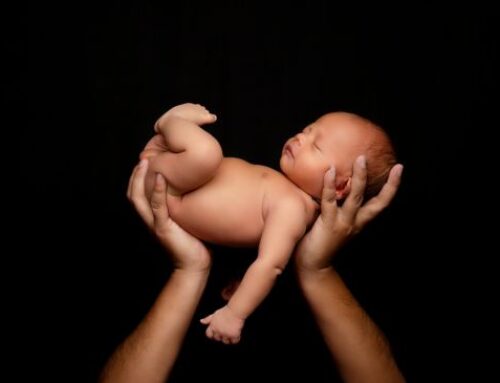
Mary Wagner
During the trial, after an exchange with one of Wagner’s supporters and ordering him out of the room, Clements said to Wagner, “Ms. Wagner is smiling. You don’t get it, do you Ms. Wagner?” and claimed she did not know what the law meant. Wagner then asked him to explain it.
Clements responded, “If you think that you have some higher moral authority that allows you to break (the) rule of law, that allows you to go to that clinic, to allow you to disregard the rights of other people to use that clinic, to disrespect those people, then you are wrong, and your God is wrong, because no God would tolerate that.”
Wagner admitted to the judge that she would not keep away from abortion facilities. The judge found Wagner guilty of coming into the facility, approaching people in the waiting room, declining to leave, and pushing on a door to a secure part of the facility. She was already under probation and was not allowed to contact the workers at the facility or be within 500 meters of its door at the time of her arrest.
Patricia Hansen, a co-owner of the abortion facility, filed a victim impact statement where she claimed that her business faced financial troubles because of Wagner’s actions, partly because the staff had to hire a counselor from another facility. Hansen said that she “doesn’t trust this woman’s peaceful demeanour” and that “these people do not work alone.” Crown counsel Derek Ishak compared pro-lifers’ “flouting” of laws to “the Dark Ages” and suggested, without evidence, that Wagner was an example of the growth in “the aggressive nature” of pro-life demonstrators.
While sentencing her, the judge dismissed a joint submission from Ishak and defense lawyer Russell Browne to take into account the time Mary Wagner had already served.
“You know, get a grip,” Clement said of Wagner. “She sure wouldn’t like it if somebody was standing on her doorstep everyday pushing her around. If I had the power to do that, that is what I would do. I would have somebody in her face every day, go and rattle her door. How would she like that?” said Clements.
Wagner was released from prison on May 21. Her lawyer, Peter Boushy, is appealing her conviction. In a statement, Boushy said he will appeal the ruling because “I think it could certainly be argued on appeal that the justice’s conditional attack on the Christian God, along with the tenor and content of his other comments that day, gives rise to a reasonable apprehension – and I stress the word ‘apprehension’ – of bias by (the judge).”
Moreover, Bushy was concerned about Clements’ exchange with Wagner: “There is simply no authority under the Criminal Code for a judge to so engage an accused during the sentencing process since all accused have the time honoured right to remain silent.” Ultimately, the results of the debate between Wagner and the judge were “then used as an aggravating factor on sentence.”
Clements said abortion is legal, “that’s all you have to understand … you start causing people emotional pain and harm, you think that’s okay?”
Joanne McGarry, executive director of the Catholic Civil Rights League (CCRL), told The Interim that she was concerned about Clements’ statements because they “raised the issue of religious belief” and thus “diminished (the judge’s) credibility.” McGarry thought that this made the case “relevant” for an appeal, but stressed Clements ought not to be charged with judicial misconduct. McGarry said that she has seen similar behaviour from judges, though “not in those exact words in that exact setting.”
McGarry gave the example of Justice Ted Matlow who, a few years ago, initially denied the CCRL the opportunity to intervene in a prostitution case because of the group’s religious affiliation. The CCRL appealed the ruling and was afterwards allowed to intervene.
Boushy told The Interim he expects Mary Wagner’s appeal to be heard in the fall.




